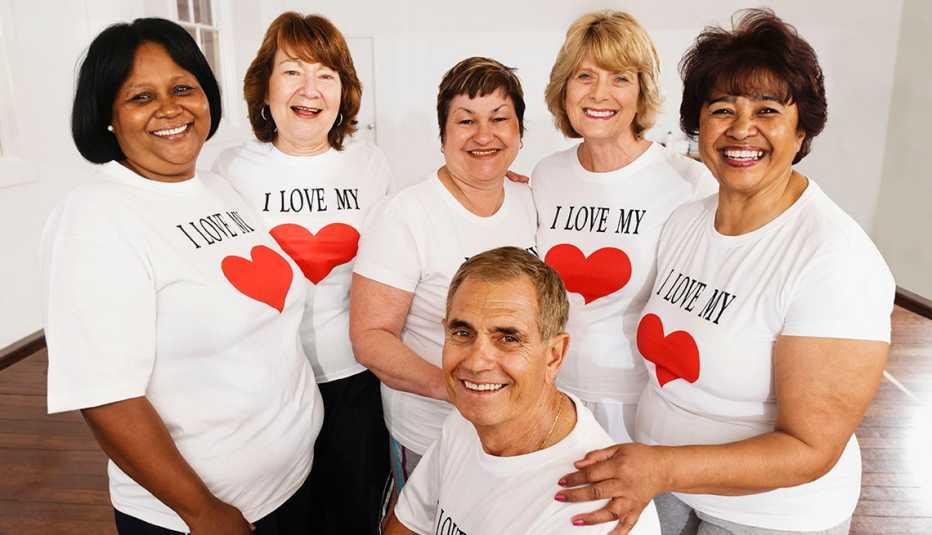Staying Fit
Despite its depiction in the movies, a heart attack doesn't always produce pain or pressure so intense it causes a person to clutch their chest and collapse to the floor. Most people who have a heart attack experience a much less dramatic version. And some have no symptoms at all — or symptoms that are so subtle they're mistaken for something else entirely.
These so-called silent heart attacks account for about 20 percent of all heart attacks, according to 2022 statistics from the American Heart Association. Some experts estimate that percentage is even higher — closer to 50 percent.


AARP Membership— $12 for your first year when you sign up for Automatic Renewal
Get instant access to members-only products and hundreds of discounts, a free second membership, and a subscription to AARP the Magazine.
What is a silent heart attack?
A heart attack happens when the arteries that carry blood to the heart become blocked, thereby depriving the heart muscle of oxygen and nutrients. If a person having a heart attack feels pain or pressure, it's because of this blockage, says Eduardo Marban, M.D., executive director of the Smidt Heart Institute at Cedars-Sinai Medical Center in Los Angeles.
The same thing happens during a silent heart attack — blocked arteries make it so that oxygen-rich blood can't reach the heart. The only difference is the problem goes unnoticed. “It's not necessarily that there were no symptoms; it may just be that the patient didn't recognize them as heart symptoms and wasn't concerned,” Marban says.
Symptoms of a silent heart attack
Few people actually exhibit no symptoms. But signs of a heart attack can be muted or confused with other conditions. Here's what to look out for:
- Shortness of breath
- Weakness or fatigue
- A general feeling of unease or discomfort
- Sweating
- Nausea or vomiting
- Lightheadedness or dizziness
- Mild pain in the throat or chest
- Pain in the back or arms, like a sprained or pulled muscle
For example, it's not uncommon for silent heart attacks to be written off as indigestion, a sprained or strained muscle, fatigue or “just feeling run-down,” Marban says.
People who later realize they've had a silent heart attack may also recall experiencing shortness of breath at the time, or a general state of discomfort that led to a night of lost sleep, says Robert Lager, M.D., an interventional cardiologist at MedStar Washington Hospital Center in Washington, D.C. Nausea, sweating, dizziness and an overall feeling of unease are also signs of a silent heart attack.
If you experience any of these symptoms, “don't sit around and wonder” what could be wrong. “Time is muscle,” Lager says, referring to the damage that decreased blood flow can inflict on the heart. “The longer one waits to get evaluated, the more likely that there will be irreversible damage.”
That said, some people truly experience no symptoms — understated or otherwise — when they have a heart attack. Diabetics who have nerve issues that interfere with pain signals (called neuropathy), for example, are at higher risk for having a literal silent heart attack, Lager says. Women and older adults are also more likely to have an event without warning signs.
Is it a heart attack… or something else?
Silent heart attacks don’t just fool patients; they can be misdiagnosed in health care settings too. Shortness of breath may be mistaken for a pulmonary problem, for instance. And pain in the shoulder or arm can be misdiagnosed as an orthopedic issue. “So there are lots of different forms of symptoms that are referred pain from the heart that can be very confusing and sometimes can be misleading,” Lager says.





































































